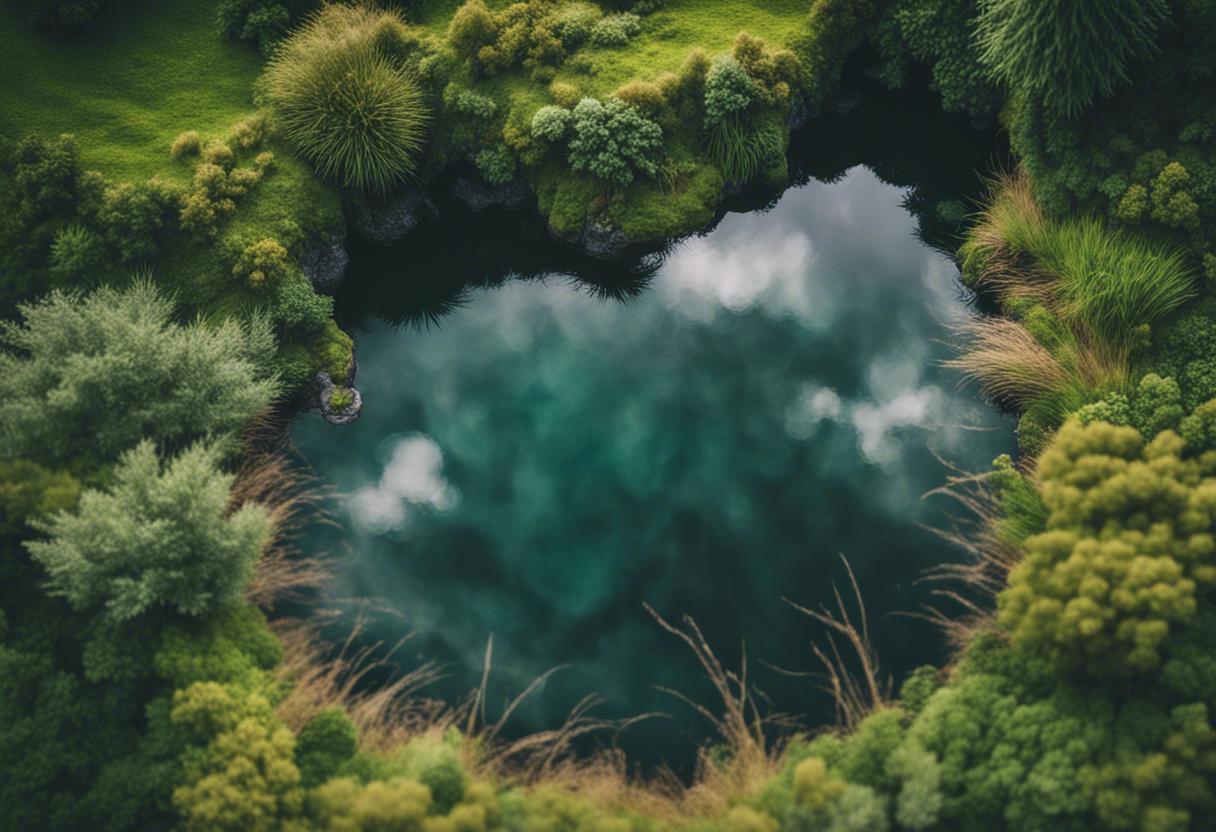Clasping my life jacket to my heart with my right hand and using my left hand to cover my nose, I made the leap into the survival training pool of 2.8 metres deep, overseen by the National Fisheries College of Ireland. The water temperature is a moderate 20 degrees, warmer than the open sea yet significantly cooler than your average public pool. We train in vibrant, red wetsuits, their comical appearance is reminiscent of the Teletubbies, specifically the character Po.
Our group for the day, which consists of seven trainees, is making use of the new training facility located at Greencastle, on the northern coastline of Donegal. We’re accompanied by a local fishing crew of five, together with their captain, Philip Cavanagh, who operate on the MFV Father McKee.
The Greencastle sea survival training pool is the second of its kind in Ireland, constructed at a cost of €2.16 million. The first similar facility is around 500km away in Co Cork at Ireland’s National Maritime College. Caroline Bocquel, the CEO of Bord Iascaigh Mhara (BIM), clarified that every crew member on an Irish vessel must undergo this sea survival training.
For over half a century, the Donegal college has provided top-notch facilities such as a navigation simulator, a radio unit, a fire training module integrated with search and rescue training, and an engineering workshop. The opening of the new pool facility in May allows those involved in the seafood industry to undertake all their training under one roof.
The trainees’ initial test was to successfully get themselves onto a safety raft; first when dry, then whilst wet. A rain simulator was used in the form of a sprinkler directed at our faces while we swam and eventually climbed aboard.
We undertook a rehearsal to rescue someone who is motionless or unconscious from water and pull them into our raft. Our safety instructor, Larry Kealey, joined us on the raft, which despite being designed for 12, felt cramped with just eight people. To alleviate the cold, we wore large red wetsuits, which amusingly made us resemble the Teletubbies characters.
The next part of our session was preparing for a situation where the raft capsizes. We practised flipping the overturned raft back into the right position, taking turns while treading water. This exercise was done both with and without life jackets, to illustrate the varying effort required to remain afloat.
Following this, we had to switch from our wetsuits to a personal flotation device (PFD), a smaller life jacket that fits around your neck and has a strap that goes between your legs. It is designed to inflate upon contact with water.
We individually jumped off the edge, plunging into the water and experienced a brief moment of unease until the PFD inflated, and we were brought back onto the water’s surface.
“Though nothing can truly simulate reality, this training is beneficial and valuable practice,” remarked Cavanagh once we returned to firm ground. “It equips you with necessary confidence and expertise to stay calm should you ever find yourself in such a circumstance.”
Cavanagh, lauding the facilities at Greencastle, shared some of his experiences with emergencies at sea. As a 13-year-old, he even had to swim to shore when his vessel sank. More recently, he assisted in the rescue of an overboard man.
Having returned from an eight-week fishing expedition, Cavanagh touched upon the fact that the fishing season has drastically reduced compared to 29 years ago when he first began. From once fishing for almost 300 days in a year, it has been cut down to merely 30-40 days now.
When queried about his motiviation to take up fishing, Cavanagh stated, “It’s a lifestyle choice, I was born into it. I’m carrying forward the family tradition following in the stride of my father. I have a deep-seated affection for what I do; it’s more than just a job, it’s my identity.”
The post-Brexit fishing agreement between the EU and the UK is referred to as “the most recent devastating blow” to Irish fisheries, according to one industry representative. He reports that the agreement has disproportionately impacted Ireland, particularly their pelagic industry, resulting in a loss of 27% of their mackerel quota in exchange for access to UK seas. The catches from UK waters may be of higher value, but that doesn’t offset such a significant drop. He argues that the Irish fishing industry has been placed under more strain than any of their European counterparts as a result.
Training and preparation are critical in the event of an emergency at sea, and the confidence they provide can save lives. His crew is currently made up of nine members, down from 11 prior to Brexit. He laments the increased administrative work that comes with Brexit to the point where “you’d almost require a law degree to fish, not just a fishing license”.
Despite these challenges, there is a silver lining with the new Greencastle facility. Prior to this facility, training would have required long distance travel to swimming pools located in Derry or Bundoran, as per Cavanagh.
BIM is dedicated to simulating conditions as faithful to actual sea emergencies as possible in its training programmes. They fill their 12-metre pool with water that is not only cold but also dark. There’s a wind and rain machine at the facility, with plans in place for a wave generator.
Vital sea emergency training starts with the right preparation and is complemented by sea survival exercises, asserts Bocquel.

